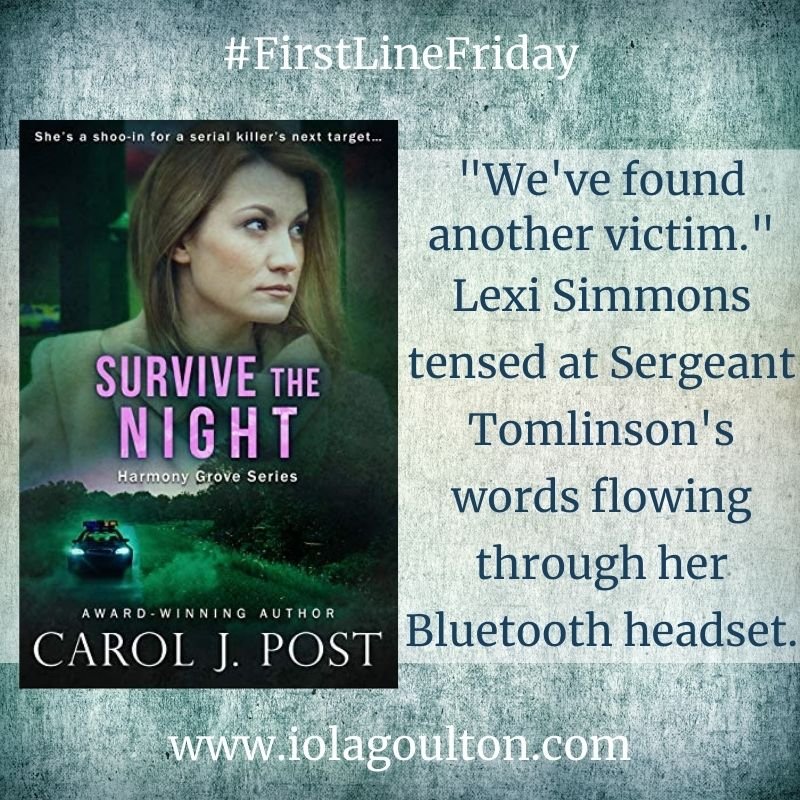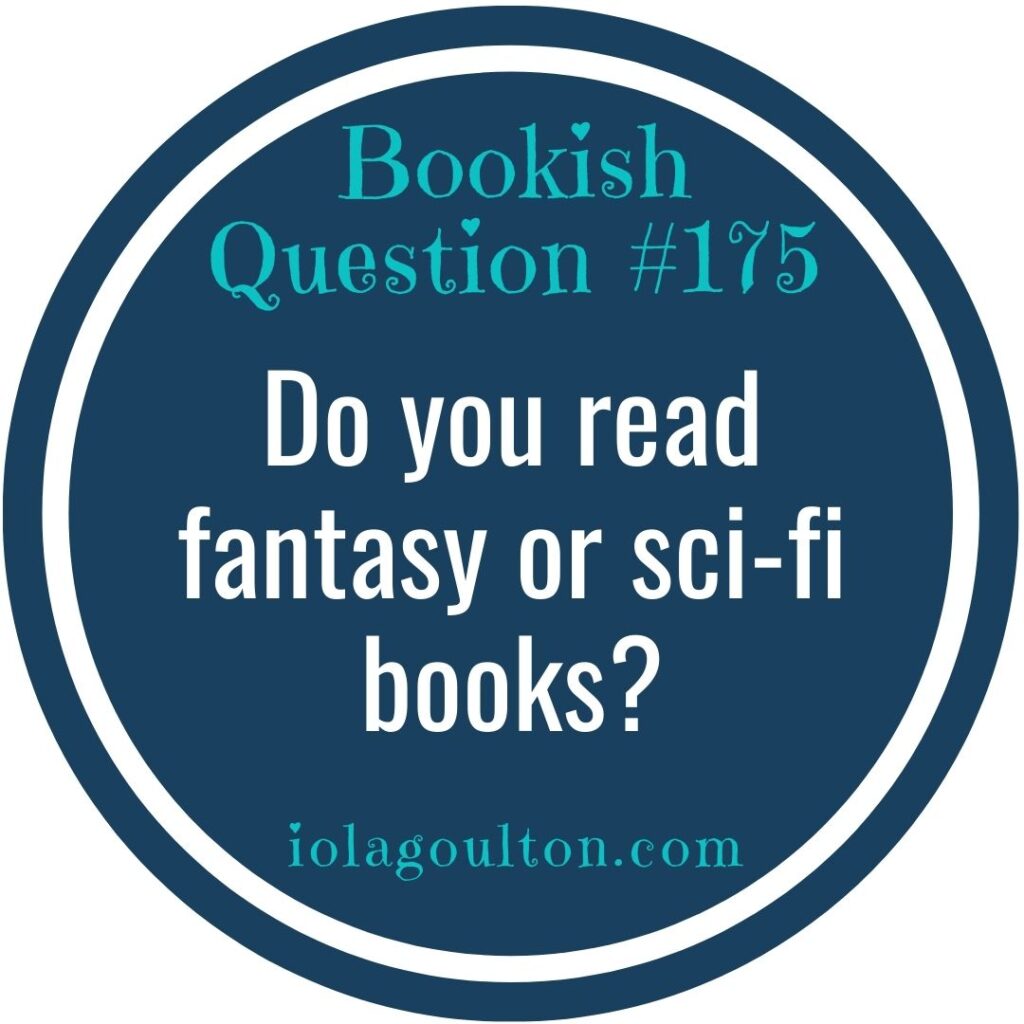San Francisco is a city full of history, and Bridge of Gold takes readers into the history behind one of San Francisco’s most famous landmarks:
Building the Golden Gate Bridge.
The past story is set in 1933, as divers excavate the area around where the bridge’s south tower will be built. This means twenty-minute dives in hundred-plus-foot depths where it’s almost pitch black, wearing a diving suit that weighs thirty or forty pounds, amidst rough currents and right next to an underground cliff. Fall off the cliff—or get dragged off by the current. That could kill the diver, who can only breath through a hose connected to a boat on the surface.
Those early divers are a testament to humanity’s endurance and ability to work in tough circumstances. This is why I read historical fiction—to find out something new and unusual. It’s a bonus when the new and unusual is about a location I’ve visited.
Anyway, back to the story … The past story is about Luke Moreau, a diver on the bridge, and his fiancé, Margo. During one dive, Luke is swept over the edge of the cliff and he finds a ship embedded in the mud. Inside the ship, he finds gold … which could change everything for him and Margo in the middle of the depression. Unfortunately, someone else knows about the ship, and is prepared to go to any lengths to stop Luke.
The present story is centered around the discovery of the wreck of the Lucky Martha by Steven Michaels, when he and his crew are engaged on restoration work on the bridge. Once he discovers the ship, he is joined by marine archaeologist Kayla Richardson. They expect to be searching for relics and rumoured gold, but their first find is more macabre: a skeleton wrapped in chains.
And it seems Steven and Kayla aren’t the only people searching for gold …
Bridge of Gold hit all the right notes for me. First, it’s got a real-life engineering triumph—building the Golden Gate Bridge. I’ve been there, but I didn’t know how hard it was to build.
Second, the main characters—Luke, Steven, and Kayla—are all experts in their field. I enjoy reading books about people who are good at things, especially interesting things like diving and archaeology. Intelligent, hard-working, competent people also make good romance characters, because it’s easy to understand what the other character sees in them.
Third, the plot was excellent, with just the right blend of romance and suspense in each timeline. Finally, the writing was excellent, delivering a novel that was hard to step away from.
Recommended for fans of dual timeline novels or historical fiction with a unique perspective.
Thanks to Barbour Books and NetGalley for providing a free ebook for review.
About Kimberley Woodhouse
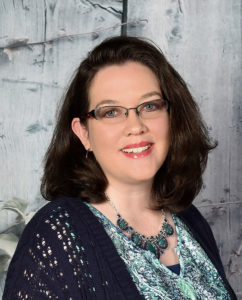 Kimberley Woodhouse is the best-selling and award-winning author of more than a dozen books. She is a wife, mother, author, and musician with a quick wit and positive outlook despite difficult circumstances. A popular speaker, she’s shared at more than 2,000 venues across the country.
Kimberley Woodhouse is the best-selling and award-winning author of more than a dozen books. She is a wife, mother, author, and musician with a quick wit and positive outlook despite difficult circumstances. A popular speaker, she’s shared at more than 2,000 venues across the country.
Kimberley and her family’s story have garnered national media attention for many years including ABC’s Extreme Makeover: Home Edition, The Montel Williams Show, Discovery Health channel’s Mystery ER, The Hour of Power, The Harvest Show, and over 1,000 other TV appearances and radio interviews. She lives and writes in Colorado with her husband of twenty-five years and their two amazing kids.
Find Kimberley Woodhouse online at:
Website | Facebook | Goodreads | Instagram | Twitter
About Bridge of Gold

Walk through Doors to the Past via a new series of historical stories of romance and adventure.
Underwater archaeologist Kayla Richardson is called to the Golden Gate Bridge where repairs to one of the towers uncovers two human remains from the late 1800s and the 1930s. The head of the bridge restoration is Steven Michaels, who dives with Kayla, and a friendship develops between them. But as the investigation heats up and gold is found that dates back to the gold rush, more complications come into play that threaten them both. Could clues leading to a Gold Rush era mystery that was first discovered during the building of the bridge still ignite an obsession worth killing for?
Find Bridge of Gold online at:
Amazon | BookBub | ChristianBook | Goodreads | Koorong

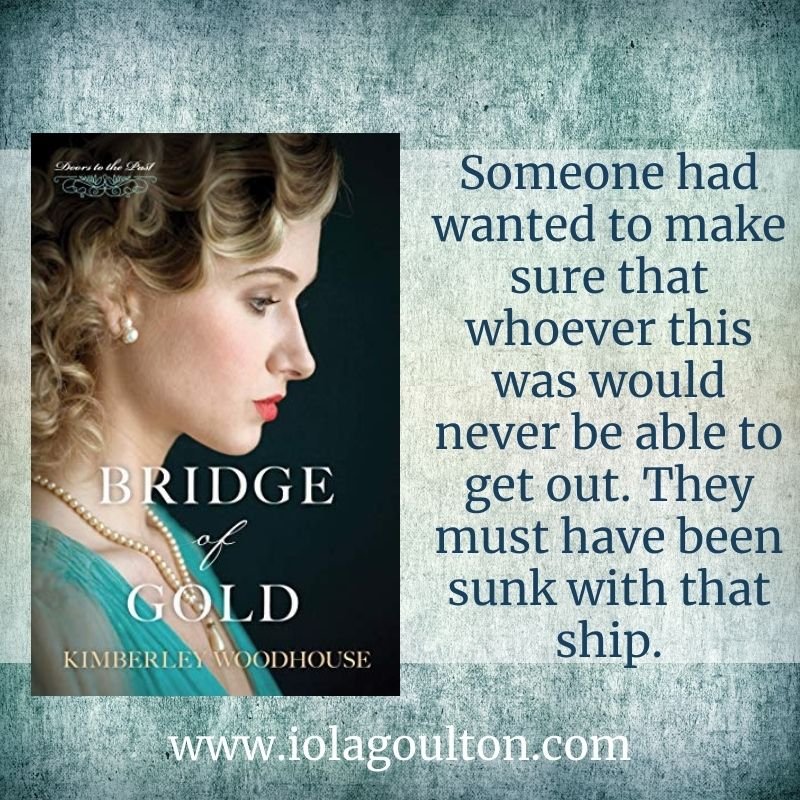
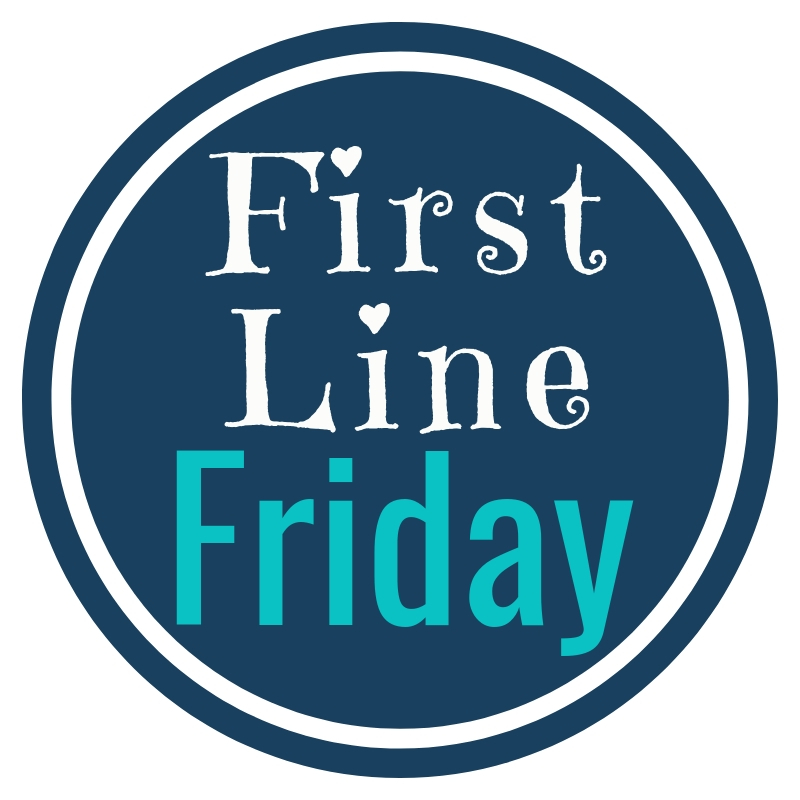
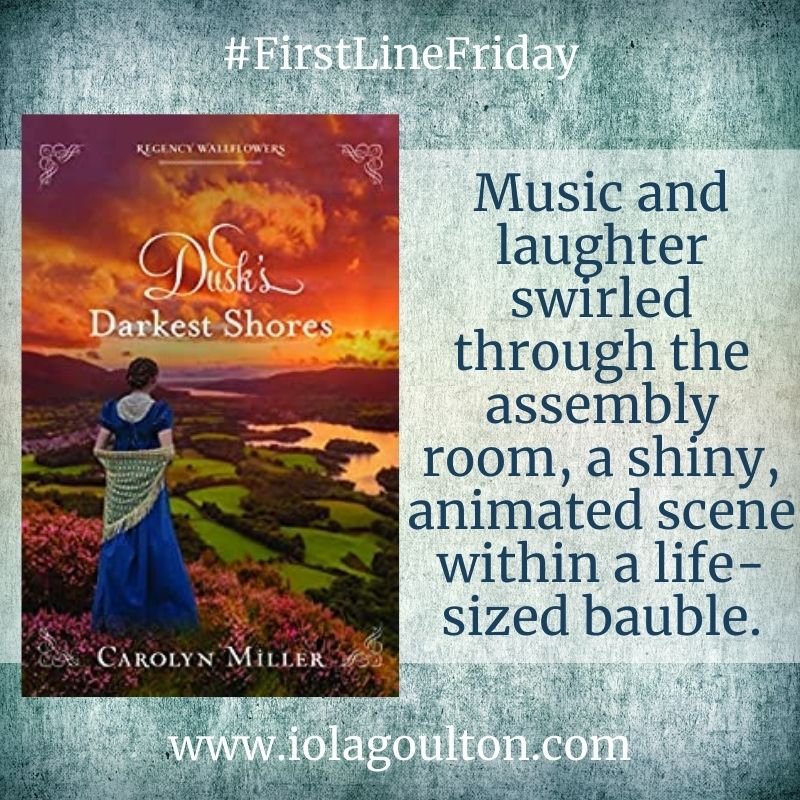

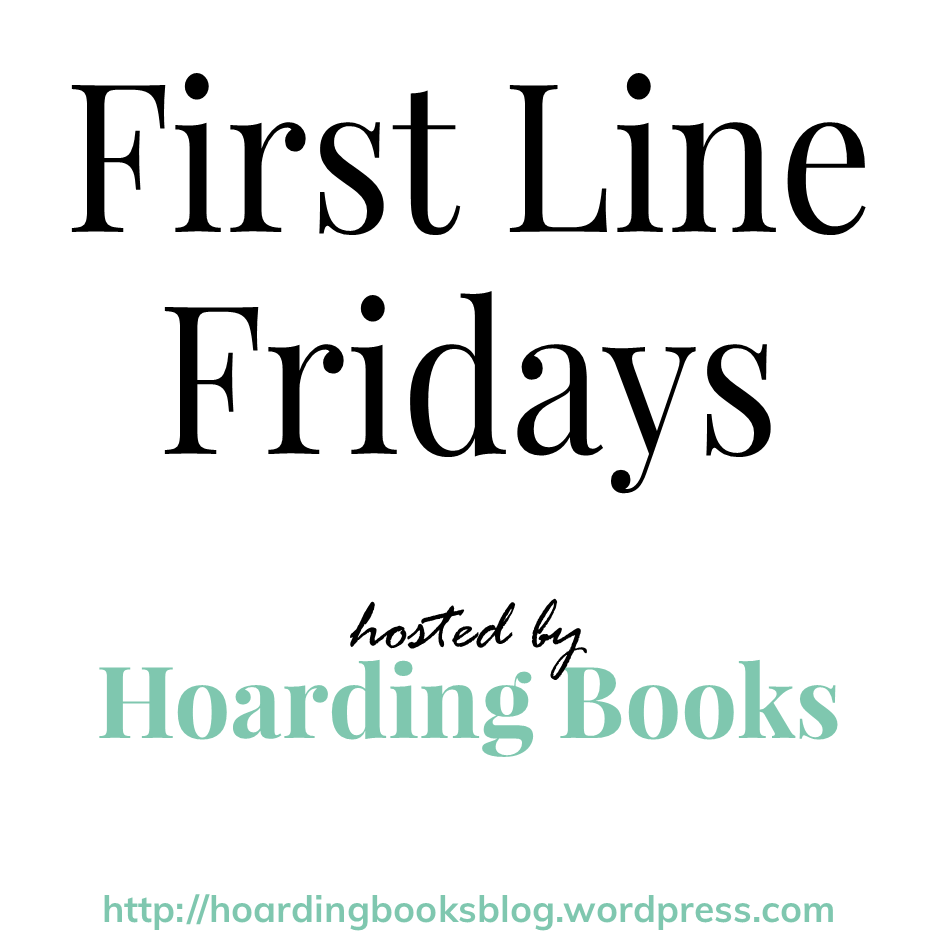
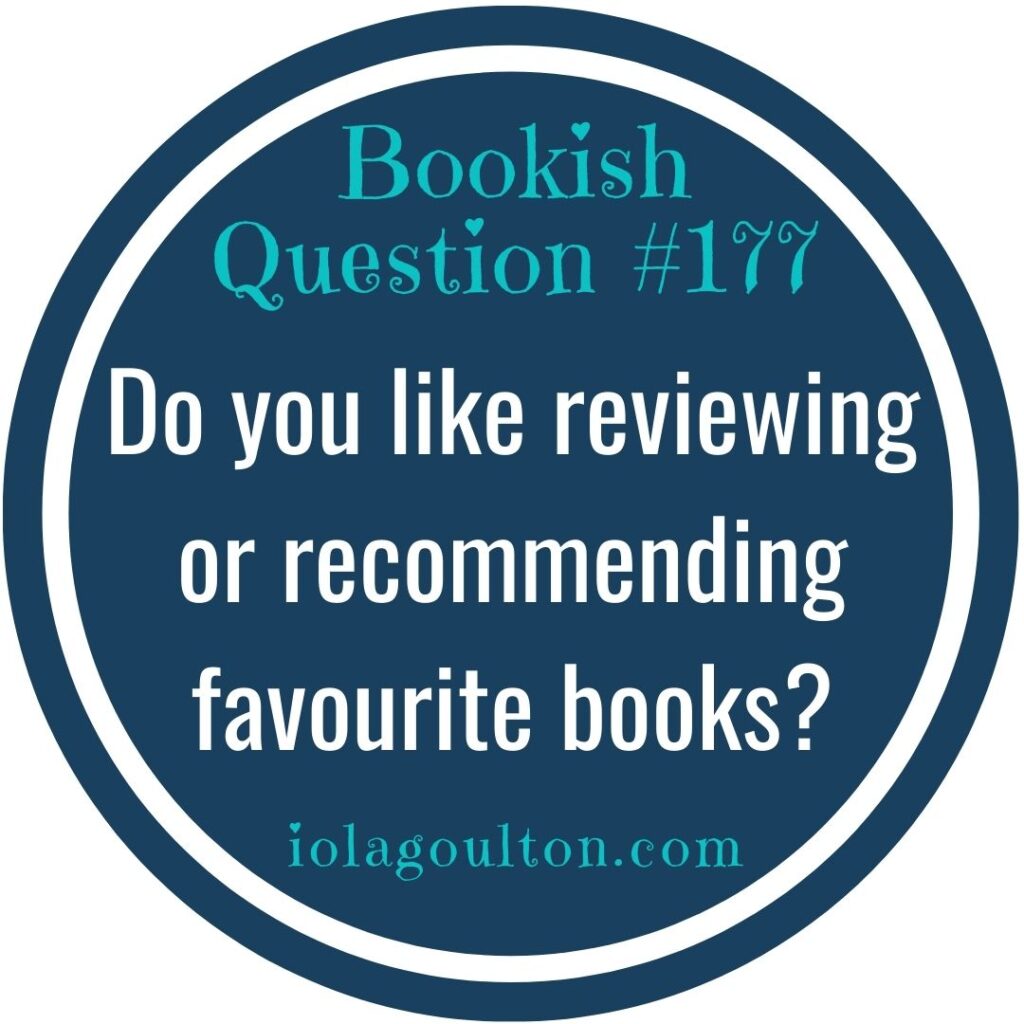
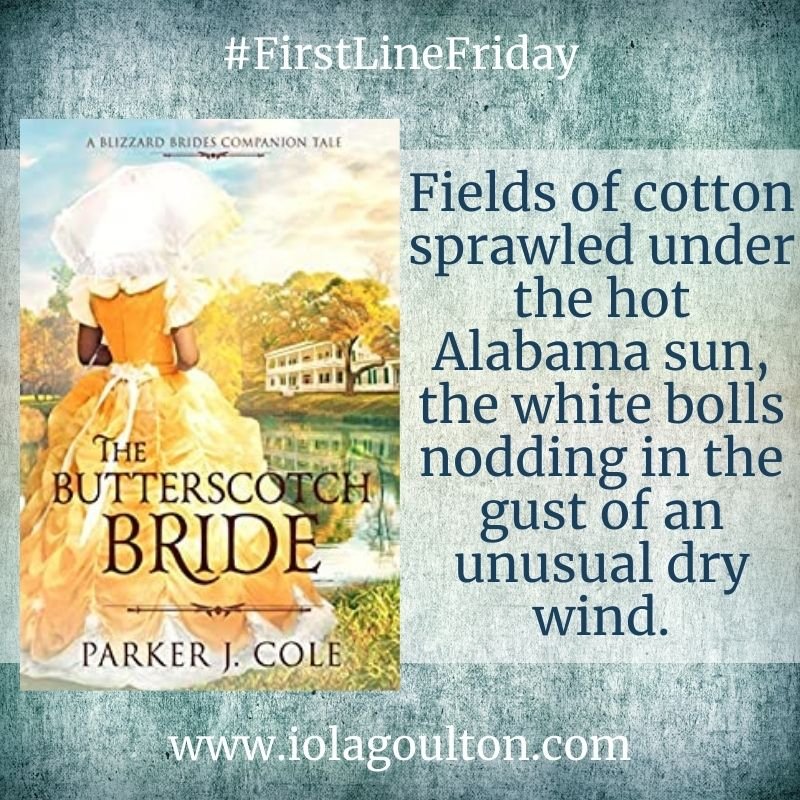

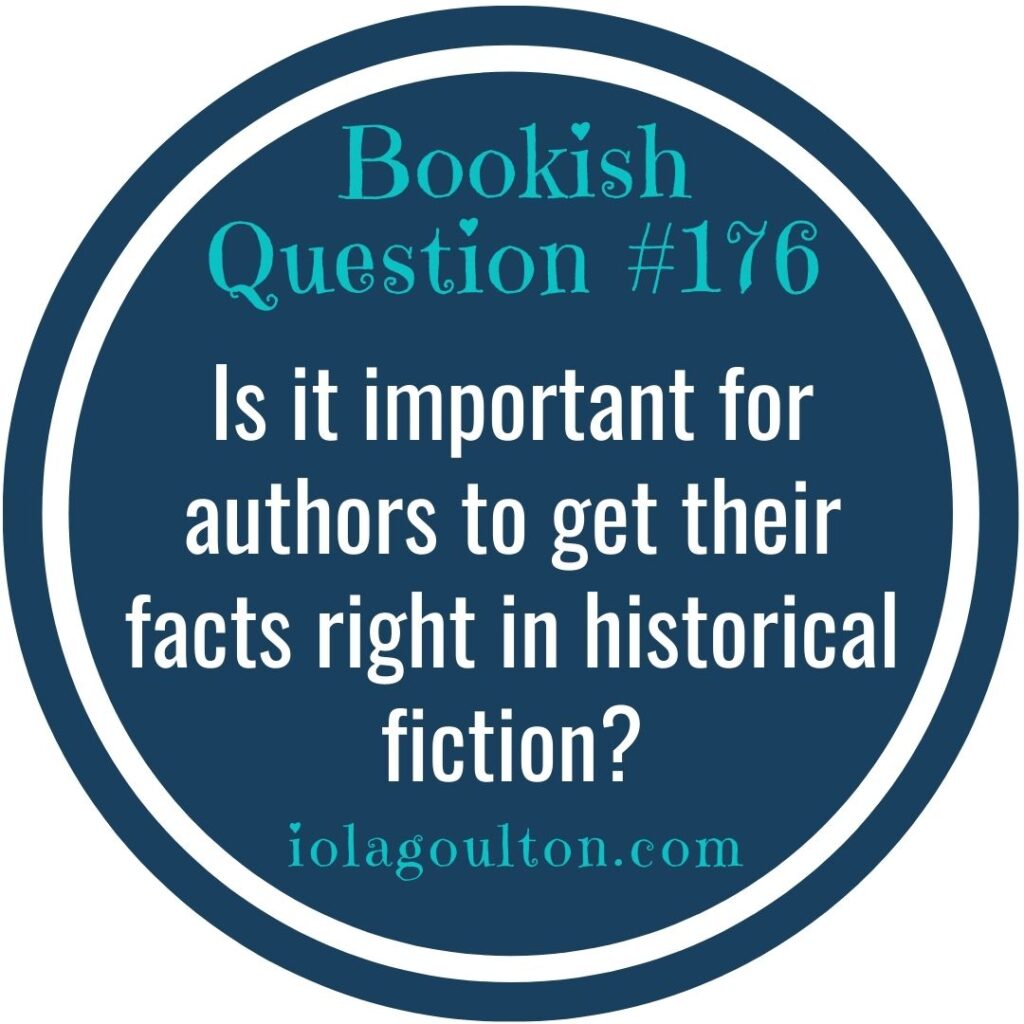
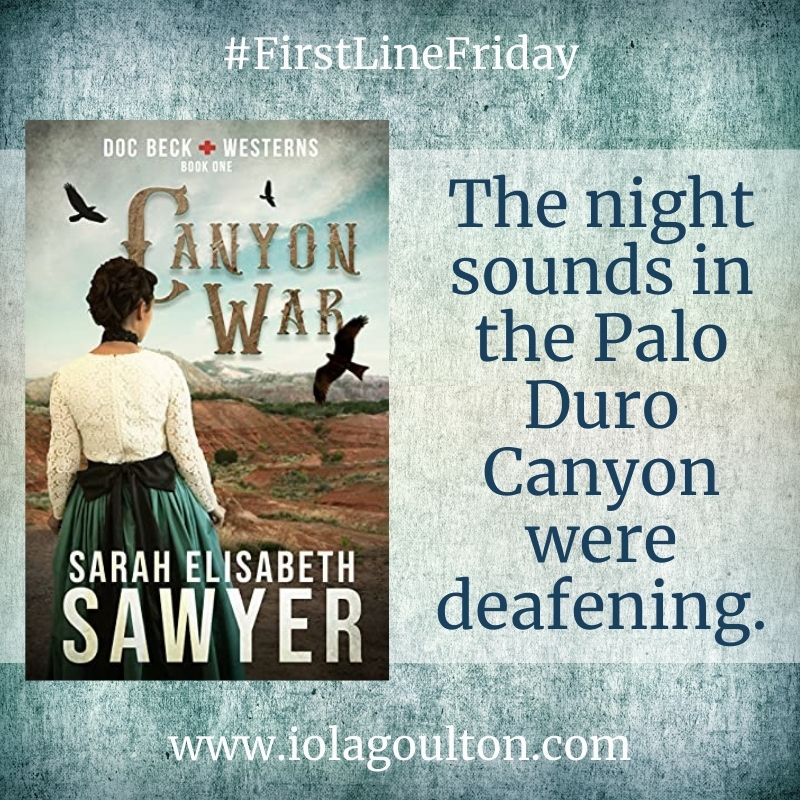

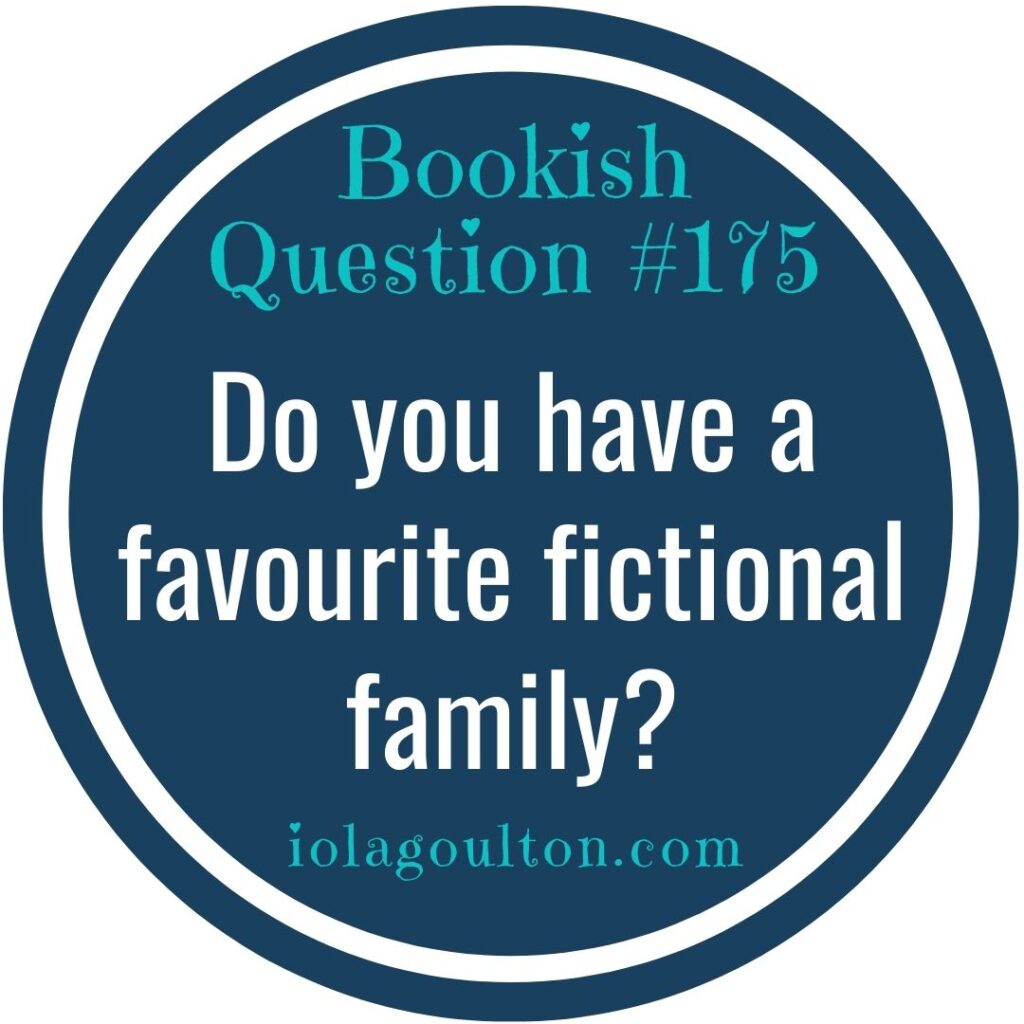
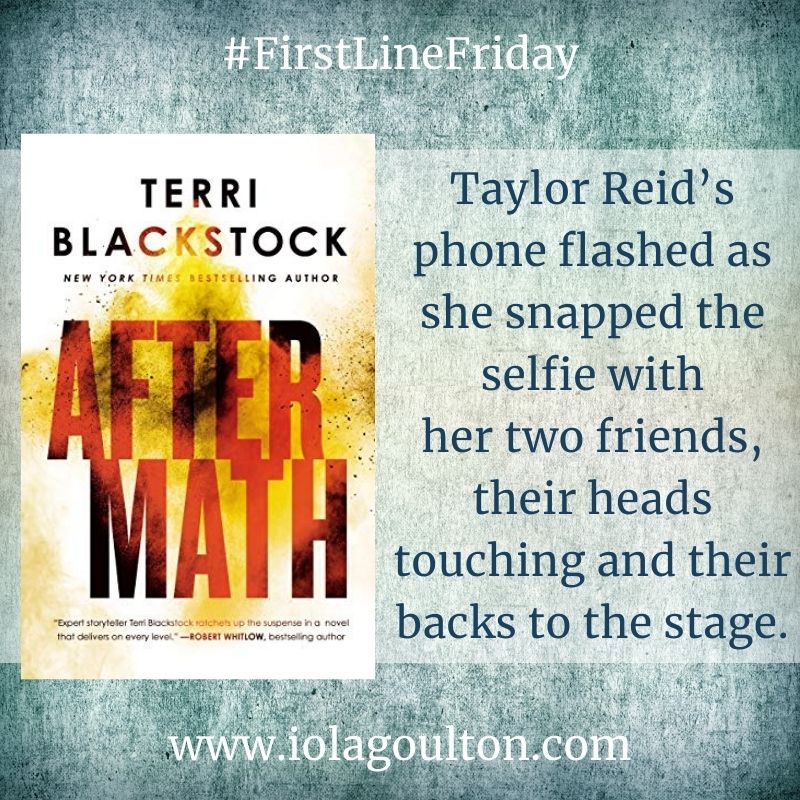

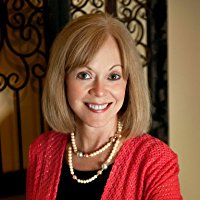 Terri Blackstock is a New York Times best-seller, with over six million copies sold worldwide. She has had over twenty-five years of success as a novelist. Terri spent the first twelve years of her life traveling in an Air Force family. She lived in nine states and attended the first four years of school in The Netherlands. Because she was a perpetual “new kid,” her imagination became her closest friend. That, she believes, was the biggest factor in her becoming a novelist. She sold her first novel at the age of twenty-five, and has had a successful career ever since.
Terri Blackstock is a New York Times best-seller, with over six million copies sold worldwide. She has had over twenty-five years of success as a novelist. Terri spent the first twelve years of her life traveling in an Air Force family. She lived in nine states and attended the first four years of school in The Netherlands. Because she was a perpetual “new kid,” her imagination became her closest friend. That, she believes, was the biggest factor in her becoming a novelist. She sold her first novel at the age of twenty-five, and has had a successful career ever since.